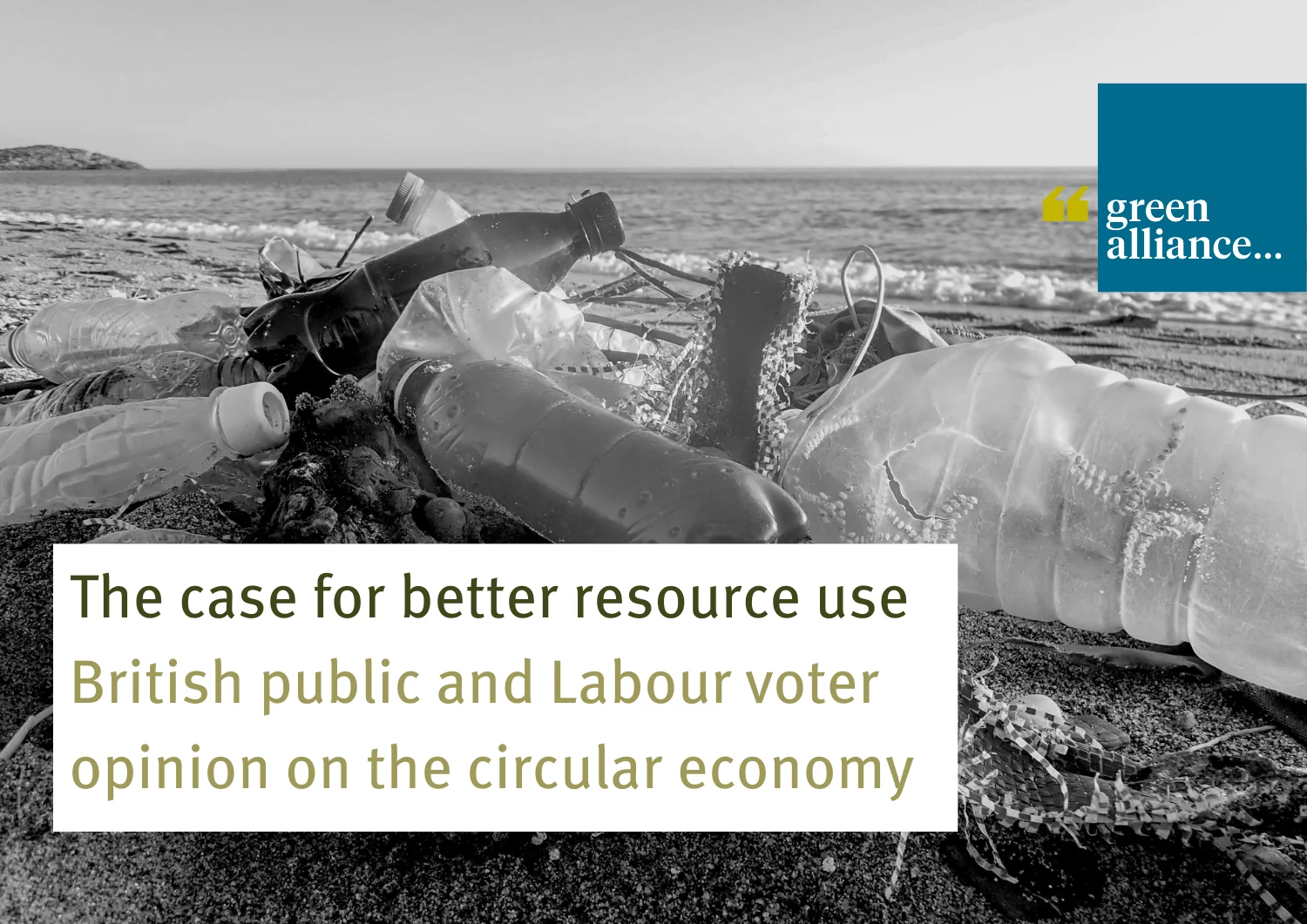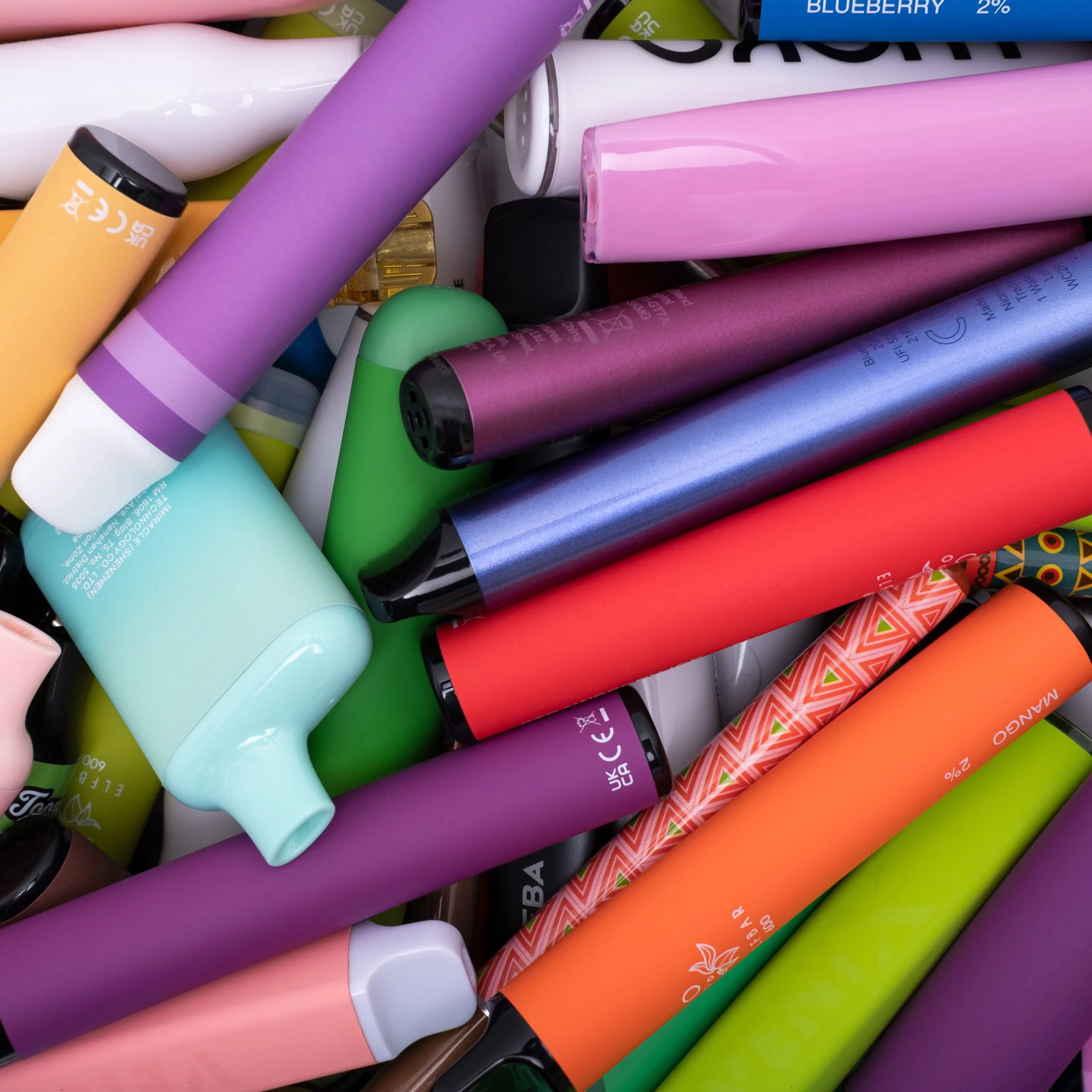Overview
As global demand for materials for the low-carbon transition rises, the UK’s low-carbon sectors could face significant supply chain vulnerabilities. This is because renewable energy and electric vehicles (EVs) rely heavily on critical raw materials (CRMs). CRMs are economically and strategically important resources with supply chains risks, such as lithium, cobalt and rare earth elements. Currently, the UK imports most of these materials, often as finished products.
Our work advocates for the UK to secure the supply of CRMs by focussing on reducing material demand as a priority, and then building remanufacturing and recycling capacity to keep imported materials in circulation within the UK economy at their highest value for as long as possible. Our research explores the necessary policies to ensure the skills, investment, data, and political appetite are in place, and highlights the economic benefits of maintaining these resources and processing capabilities domestically. Our activities include roundtables, briefings, reports, and blogs.
Making the case for a circular economy approach
We continue to advocate for circular economy approaches to securing the supply of CRMs. Current policies focus on diversifying supply, but there’s a lower risk option. By cutting energy demand through measures like home insulation and increased car sharing, we can halve the need for materials like cobalt and lithium by 2030. By scaling up recovery and reprocessing, most remaining demand could be met with secondary materials by 2050, reducing environmental impacts, costs, and our dependency on volatile global supply chains.
Partners
We’re grateful to Zero Waste Scotland for supporting our current work in this area. Previous work on this topic has been supported by the Circular Economy Task Force.


